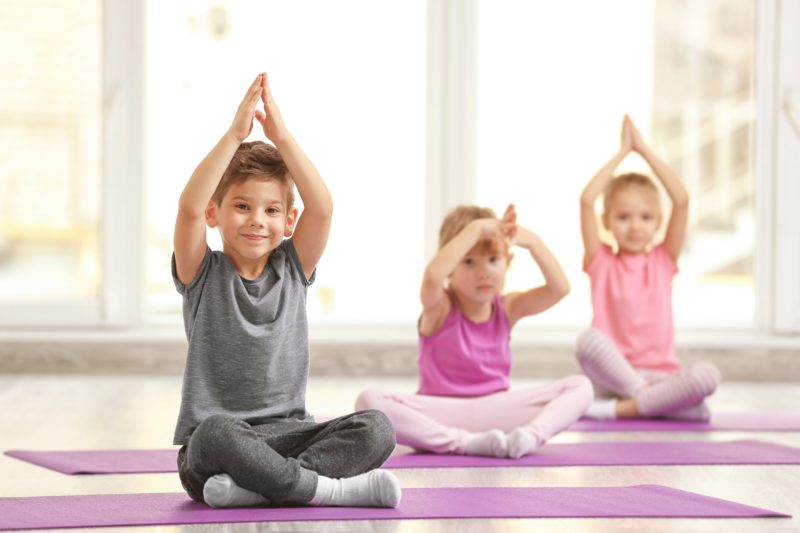Moving from the therapy environment to community activities
Occupational Therapy is a client-centred health profession concerned with promoting the health and wellbeing through occupation, so our primary goal as OTs is to enable children to participate in the activities of daily life outside of our sessions. As a result, community-based sporting activities provide a unique setting for kids to practise the skills they are developing through Occupational Therapy.
The founding factor of the term “community” involves the development of relationships, and the idea of individuals coming together to achieve a common goal. Throughout our time as Occupational Therapists, we’ve all become aware of the fantastic community-based activities, which not only benefit kids on the basis of physical exercise and emotional regulation strategies, but rather social inclusion.
What’s better than seeing the happiness on a child’s face when they’re genuinely enjoying an activity, but also gaining so much from it?!
The following is a list of our top four picks for community-based sporting activities outside of the therapy room:
Sense Rugby
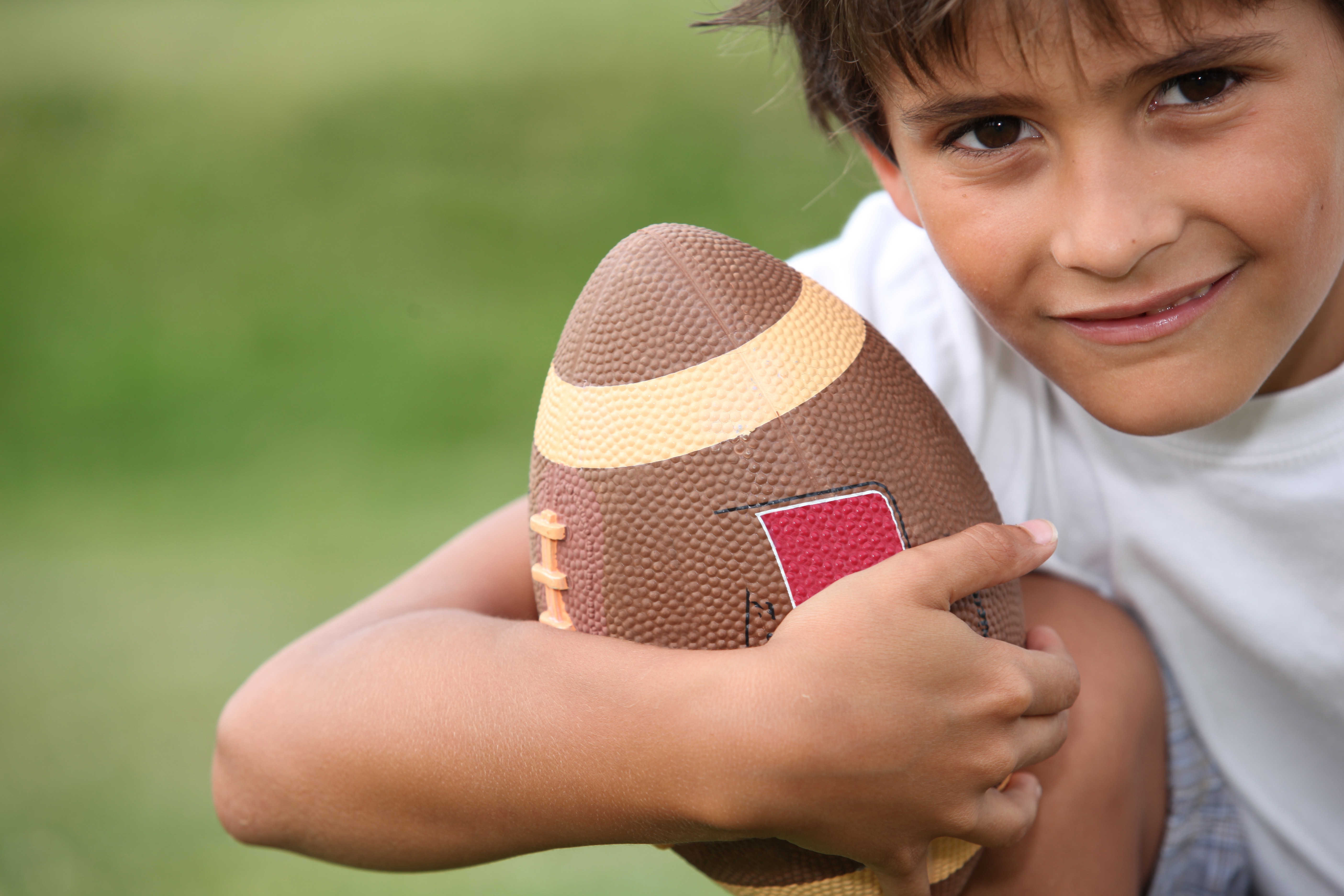
Sense Rugby was founded by Paediatric Occupational Therapist, Carlien Parahi and Australian Rugby Sevens Olympian, Jesse Parahi. It is a rugby-based Occupational Therapy programme helping kids who may find it difficult to be part of a sporting team and engage in social interaction. Most of the kids they work with live with various developmental delays and conditions, including:
-
- Autism Spectrum Disorder
- ADHD
- Down Syndrome
- Dyspraxia
- Sensory Processing difficulties
- Emotional Regulation difficulties
- Learning difficulties
- Resistance, avoidance or an issue with confidence
- Social skills
Sense Rugby have an experienced Paediatric Occupational Therapist who work with trained rugby players to help the kids to achieve success. They utilise the child’s strengths and their motivation to help them to participate whilst us OT’s focus on creating a positive successful social experience for all.
Occupational Therapy Helping Children is excited to be partnering with Wahroonga Rugby Club and offering the Sense Rugby program in Term 2, 2019. Contact us to find out more and register your child on 9913 3823 or hello@occupationaltherapy.com.au.
Yoga
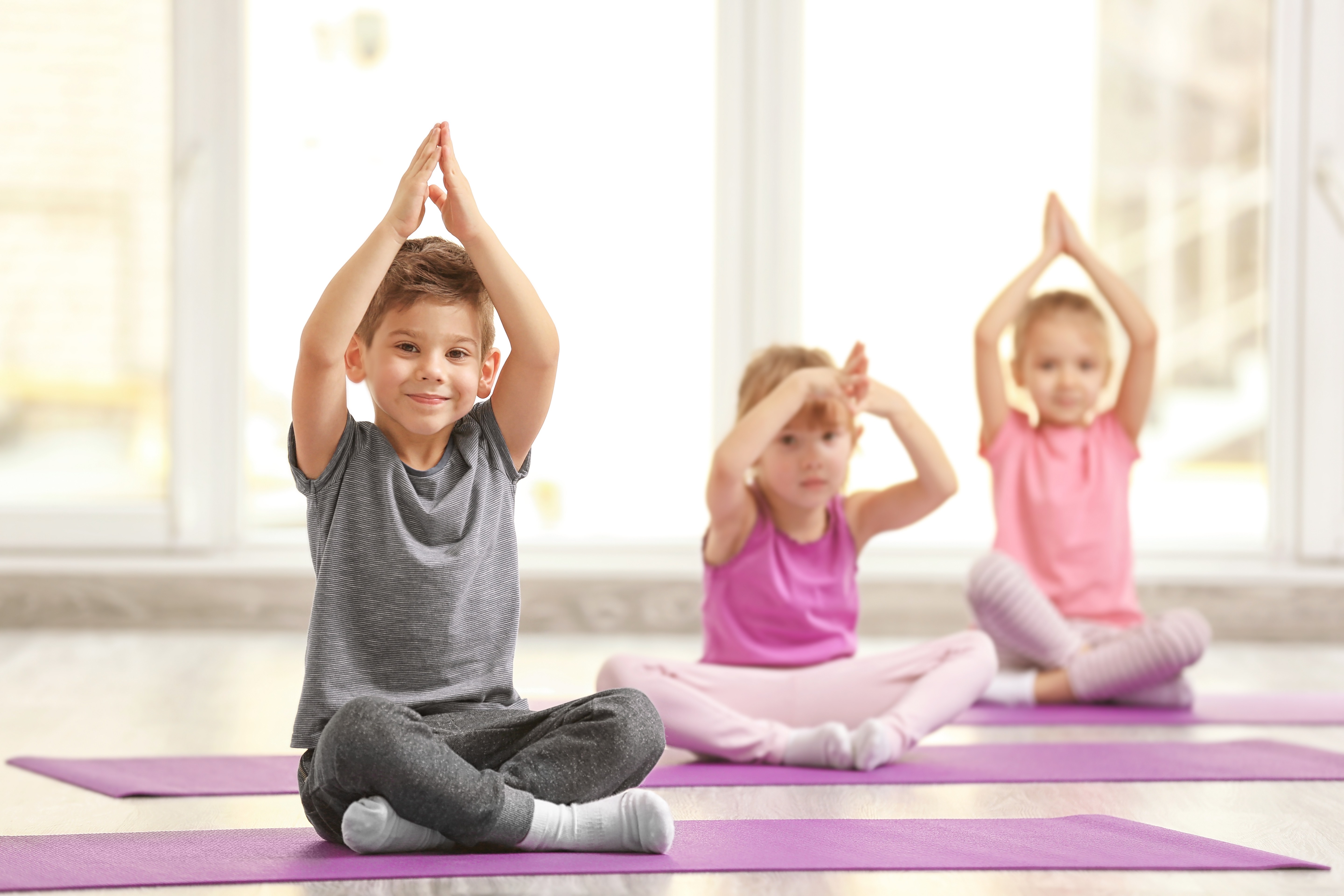
With its rising popularity, yoga is moving beyond the mat and into the therapy setting.
OTs bring a unique perspective to yoga and can guide your child deeper into their practice for emotional regulation and physical wellbeing.
Yoga and Occupational Therapy are complementary in their concepts and methodologies. While yoga has an emphasis on activating the parasympathetic nervous system, Occupational Therapy incorporates goals and objectives toward functional independence. Therefore, both sciences accentuate the use of mind, body, and spirit in daily life in order to function within a new perception and new skills all while being in a calmer and regulated state.
If you’re looking for some yoga poses you can do at home with your kids, read our earlier blog post on Yoga and Occupational Therapy
Gymnastics
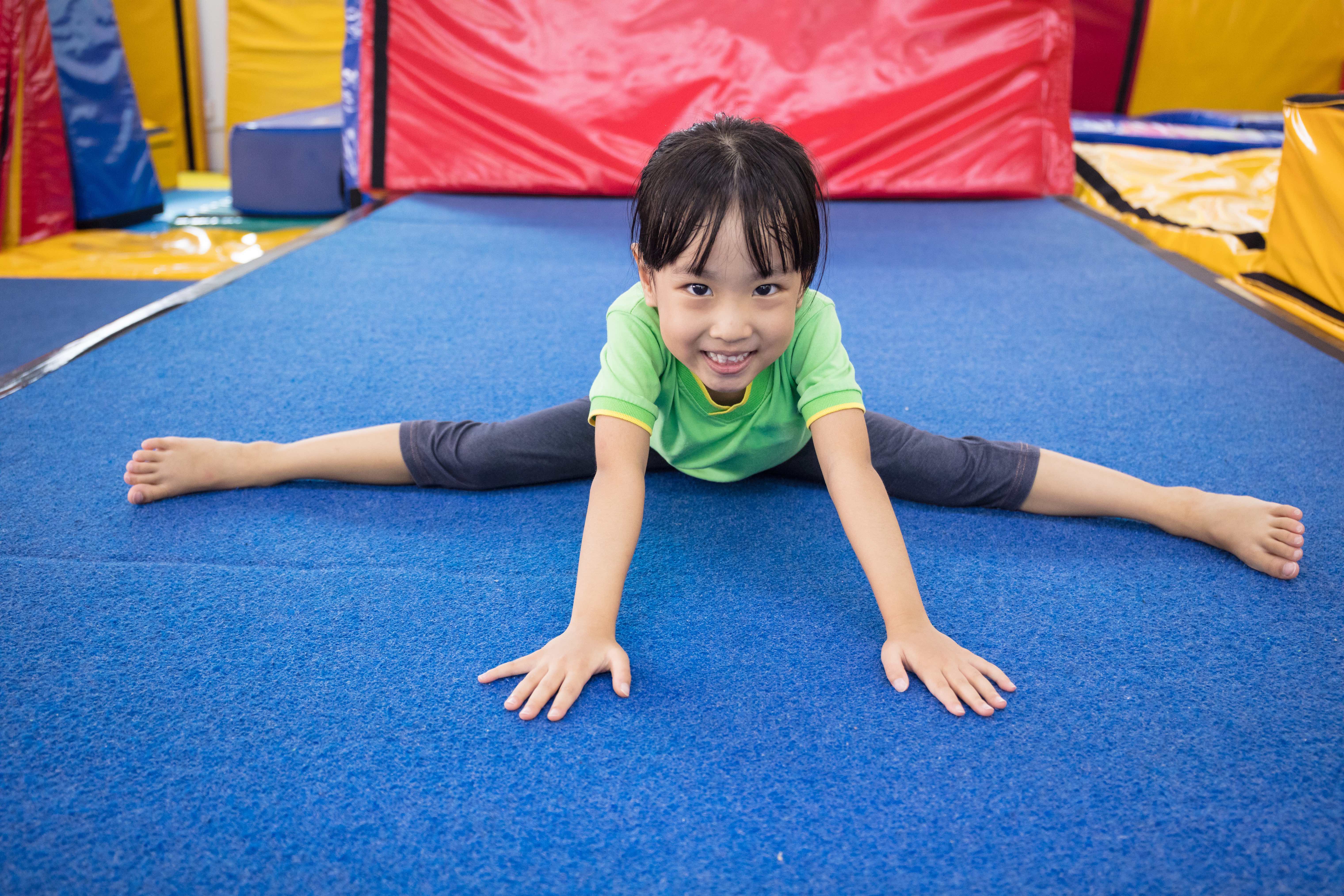
Gymnastics is known as one of the most comprehensive lifestyle exercise programs available to children, incorporating strength, flexibility, speed, balance, coordination, and discipline. Whether they are involved in recreational gymnastics or in a competition squad, skills learned in gymnastics can benefit a child’s overall development!
The challenging nature of gymnastics requires commitment and concentration. The structure of gymnastics lessons teaches children how hard work and dedication pays off. It also helps children build a range of motor and coordination skills and assists in developing a good sense of body awareness. Gymnasts are renowned for their excellent strength-to-weight ratio. Therefore, taking part in gymnastics at a young age can help build the foundations of good all-around muscle strength, endurance, and power.
Martial Arts, Jiu Jitsu & more!
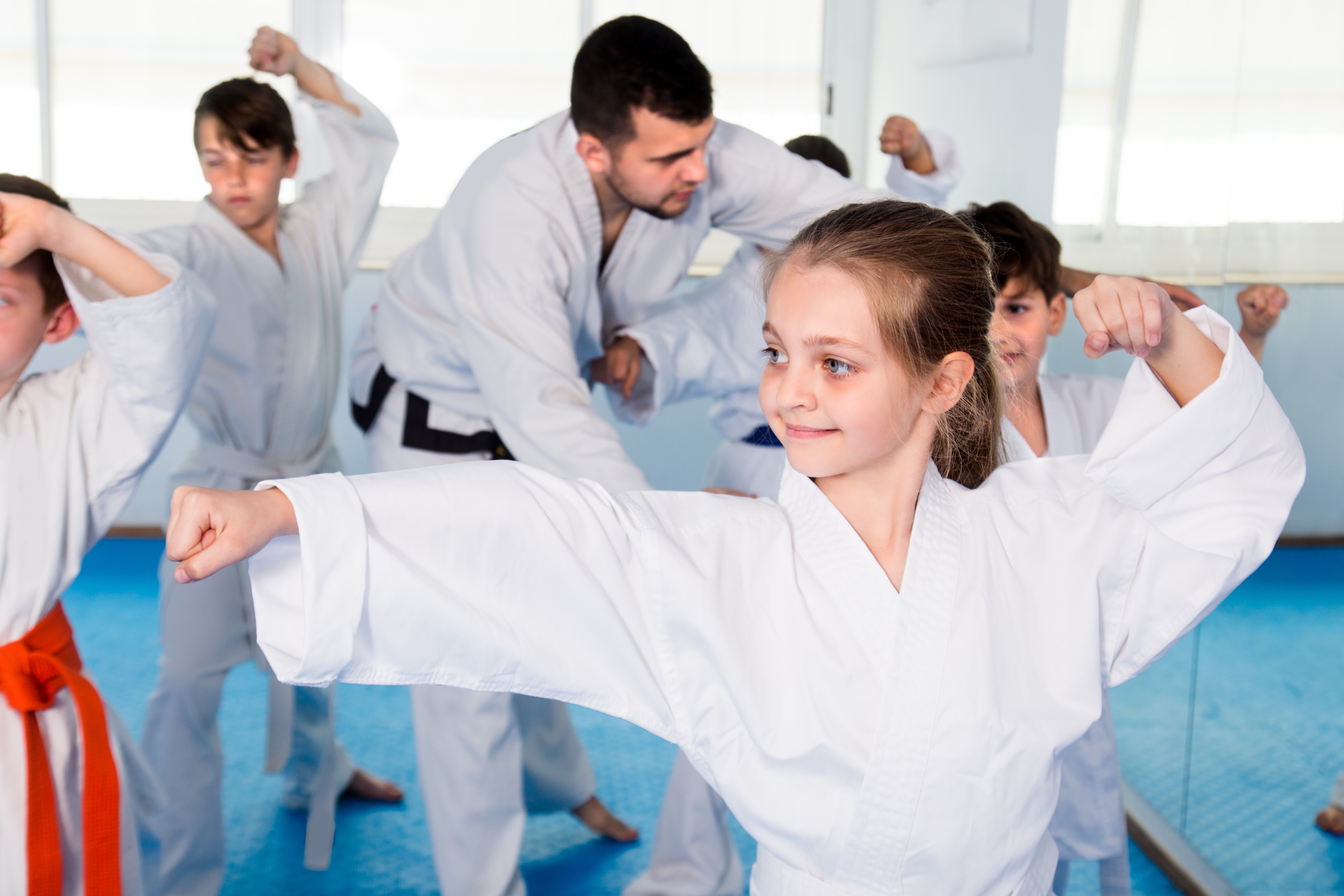
Martial arts, Jiu Jitsu and Taekwondo are all athletic sports that require children to use every part of their bodies. You develop strength, flexibility, agility, and overall cardiovascular fitness. Developing these skills and attributes at an early age is important and will instill habits and an understanding of the importance of fitness. Despite the physical benefits, children learn to be part of a team, and alongside individuals who they’ll bond and grow with.Most of these sports have a well-defined progression structure for children. They are graded and awarded belts/tips based on the amount of time spent training in conjunction with their skill level. This system teaches children that rewards are earned through effort and investment of time spent on learning.
All these methods incorporate the organised influence of meditation, rhythmic breathing and relaxation that generate skills to help with self-regulation and behavioural control. Children learn to “stop”, “wait”, “think” and then “do”, incorporating mindfulness and assisting in their development of self-control.
If you think your child would benefit from any of these sporting activities and we can provide you with further information about activities in your local area. You can get in contact with us by completing our contact form, calling 02 9913 3823 or emailing us at hello@occupationaltherapy.com.au.

